Nutrition and mental health may seem like two unrelated topics. But in fact, as Registered Dietitians, we can tell you with confidence that the foods you eat CAN have an impact on mental health. Additionally, issues surrounding food can be indicative of an underlying mental health condition.
An important note about mental health: If you struggle with stress, OCD, depression, PTSD, anxiety, a panic disorder or a specific phobia, know that you are not alone. Around 20% of Americans suffer from mental illness. And around a quarter of them have experienced serious thoughts of suicide.
In this blog post, we discuss how food and mental health are related, and suggest foods you should eat (and those you should limit) to reduce symptoms of mental health conditions such as anxiety and depression.
How does your mental health affect your eating patterns?
Think of your current food rituals, habits, or views on food. What does your relationship with food look like? Do certain types of food cause you anxiety?
If you have any negative feelings around food, or if your food habits and overall nutrition are affected by your mental health, we recommend meeting with a dietitian who specializes in disordered eating. Quite often, an eating disorder is a coping mechanism to deal with a deeper-rooted issue. For example, binge eating becomes a way to cope with negative emotions; or restricting food intake can be a means of control.
If you find yourself engaging in behaviors like this, we encourage you to get help immediately, whether or not you think you have an eating disorder. Click here to learn more about Nourish, our special program for disordered eating and eating disorder treatment.
Can food heal my mental health issues?
Nutrition can certainly help, yes! But it takes more than just food. Here are some other things you should do beyond nutrition, to improve your overall mental health:
- Work with a mental health professional
- Get adequate sleep
- Engage in an active lifestyle, with daily physical activity
- Stay hydrated
- Practice mindfulness
- Enjoy some self-care
- Limit substance use
- Learn healthy coping mechanisms for negative emotions
- Consider the need for medication
Foods that are good for mental health
Some of the nutrients found in food can be very healing and helpful for overall mental health. On the other hand, some foods can heighten feelings of anxiety or depression. Let’s start with the foods that can have a positive effect.
Fish
Nutrient: Omega 3’s
How it helps: Omega 3’s have anti-inflammatory effects that have been shown to prevent and/or treat depression while improving mood.
Ideas to incorporate:
- Try a tuna sandwich for lunch
- Swap out your dinner protein two times during the week for salmon or your fish of choice
- Don’t like fish? Consult with a dietitian on a fish oil supplement
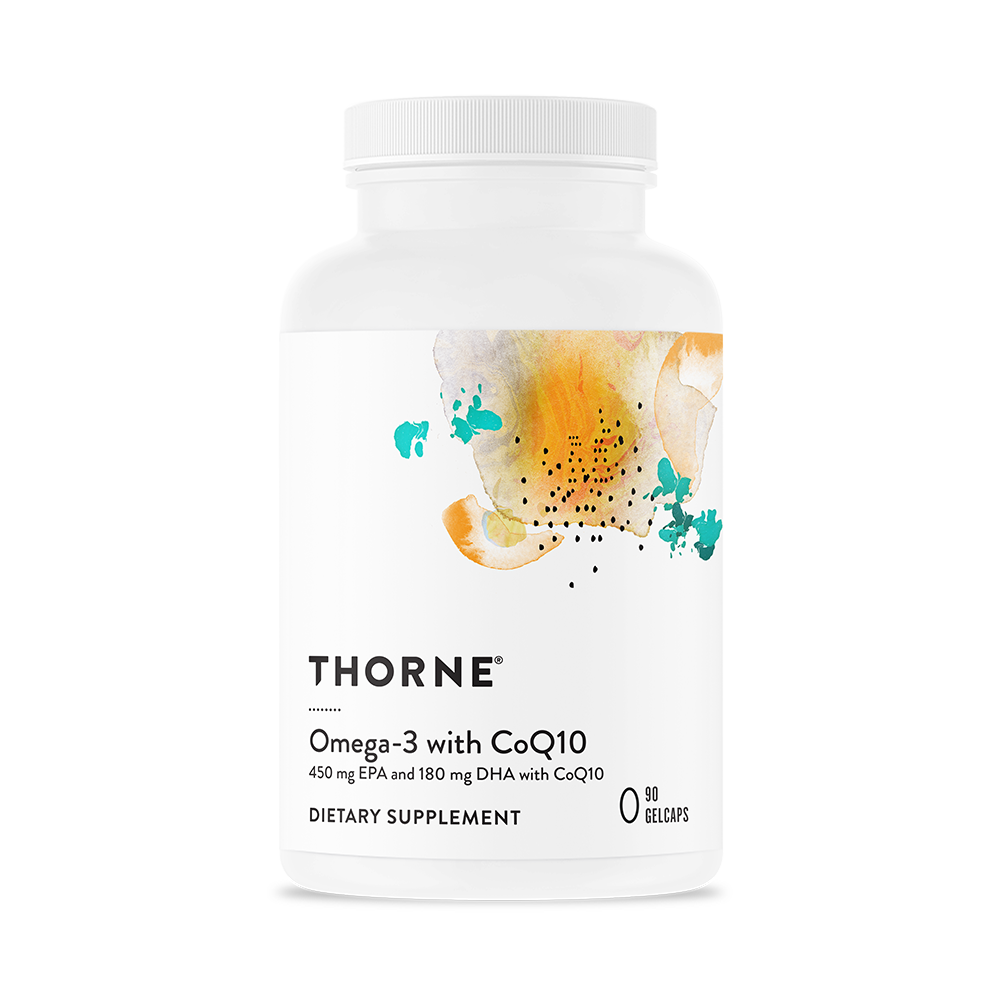
Eggs
Nutrient: Vitamin B12
How it helps: High intake of vitamin B12 can decrease the risk of depression, while B12 deficiency is associated with depression and anxiety.
Ideas to incorporate:
- Switch to buying only “farm fresh” eggs as they have more nutrients
- Boil a bunch of eggs to have ready as a snack throughout the week
- Incorporate eggs into meals beyond breakfast
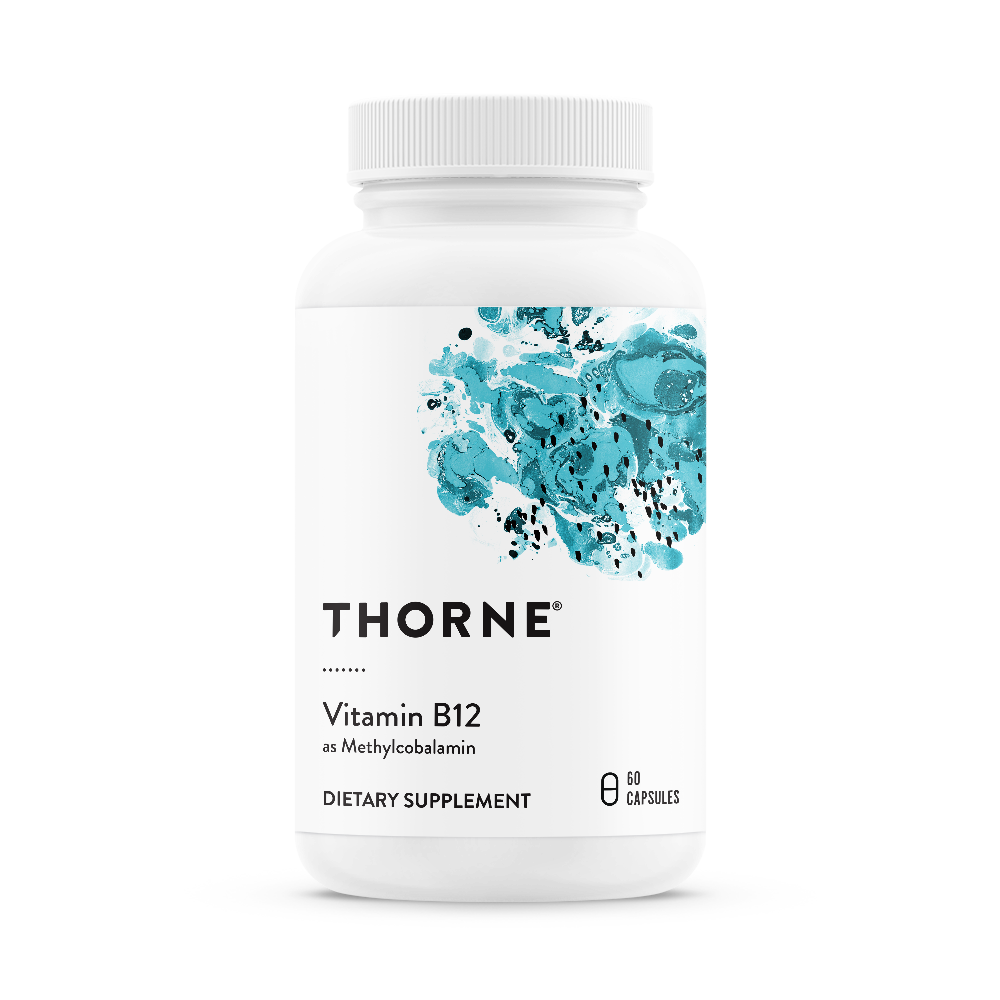
Nuts/Seeds
Nutrient: Magnesium
How it helps: Low levels of magnesium are associated with a significantly increased risk of depression. Studies also show that magnesium does reduce mild anxiety, anxiety during premenstrual syndrome, postpartum anxiety, and generalized anxiety.
Ideas to incorporate:
- Snack on some nuts & Lily’s chocolate
- Sprinkle nuts in your oatmeal
- Add ground flaxseed to your smoothies
- Snack on nut butter and fruit
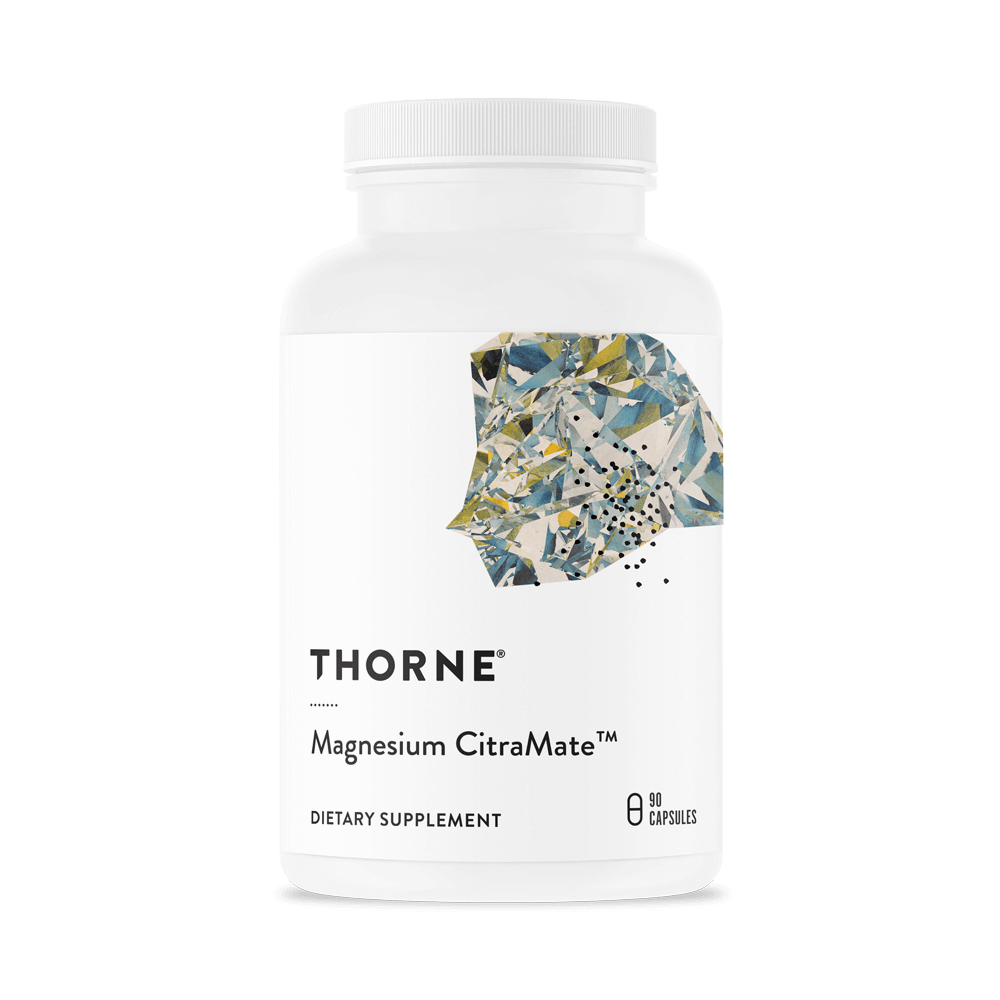
Leafy Greens
Nutrient: Folic Acid
How it helps: Studies have found significant correlations between folic acid levels and depression, where low levels in the blood were associated with increased risk. Meanwhile a high diet-based intake of folic acid had a protective effect against depression.
Ideas to incorporate:
- Freeze raw spinach and kale so it doesn’t rot too quickly, and use it in smoothies
- Saute greens with some eggs for a tasty omelet
- Add kale to soups
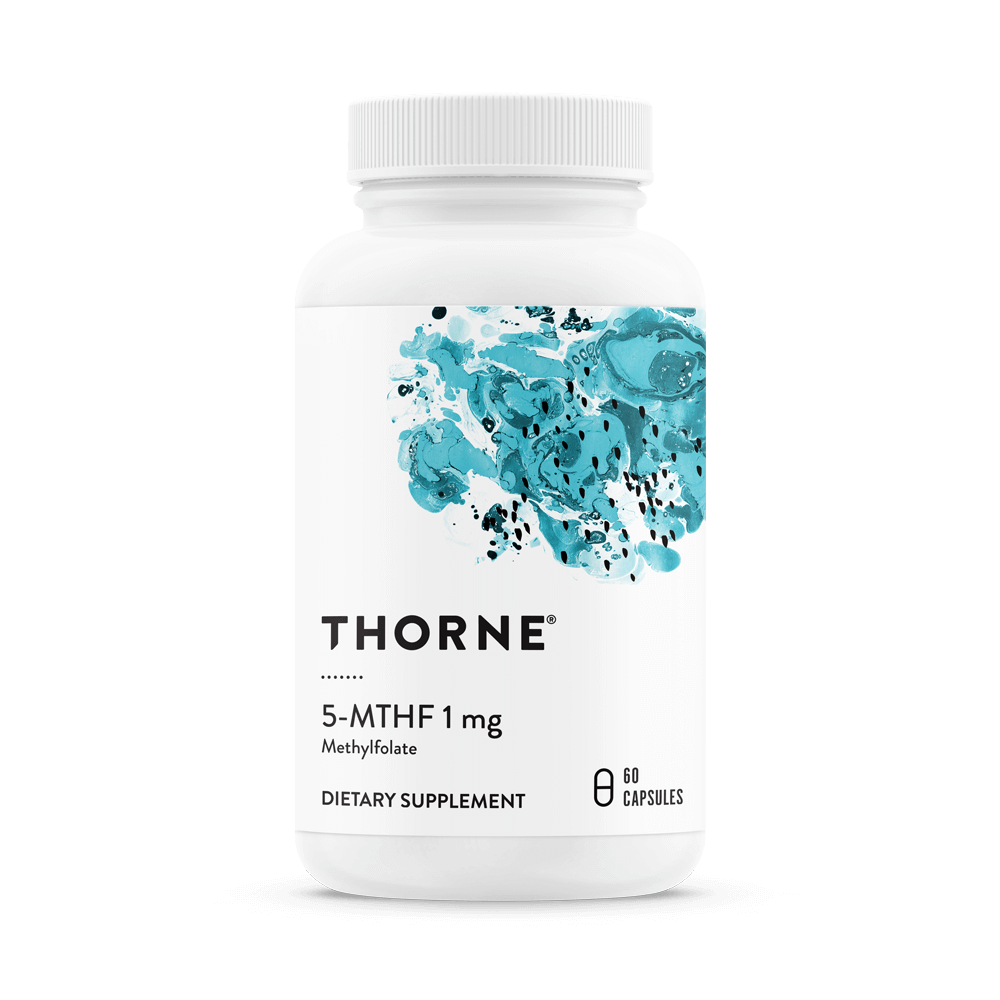
Dairy or Fortified Plant-Based Dairy
Nutrient: Vitamin D
How it helps: Low levels of vitamin D are associated with poor mental health.
Ideas to incorporate:
- Snack on yogurt
- Drink a glass of chocolate milk after a workout
- Have string cheese in your work fridge for a quick snack

Yogurt and Kefir
Nutrient: Probiotics
How it helps: The gut and brain are connected! The available research shows poor gut health and mental illness are correlated. Intake of probiotics and prebiotics (plant foods with fiber) lead to improved intestinal health, which can reduce inflammation and thus result in fewer symptoms of mental illness.
Ideas to incorporate:
- Use kefir as the liquid base in your smoothies
- Use greek yogurt instead of sour cream
- Freeze yogurt and fruit for a sweet snack in the evenings
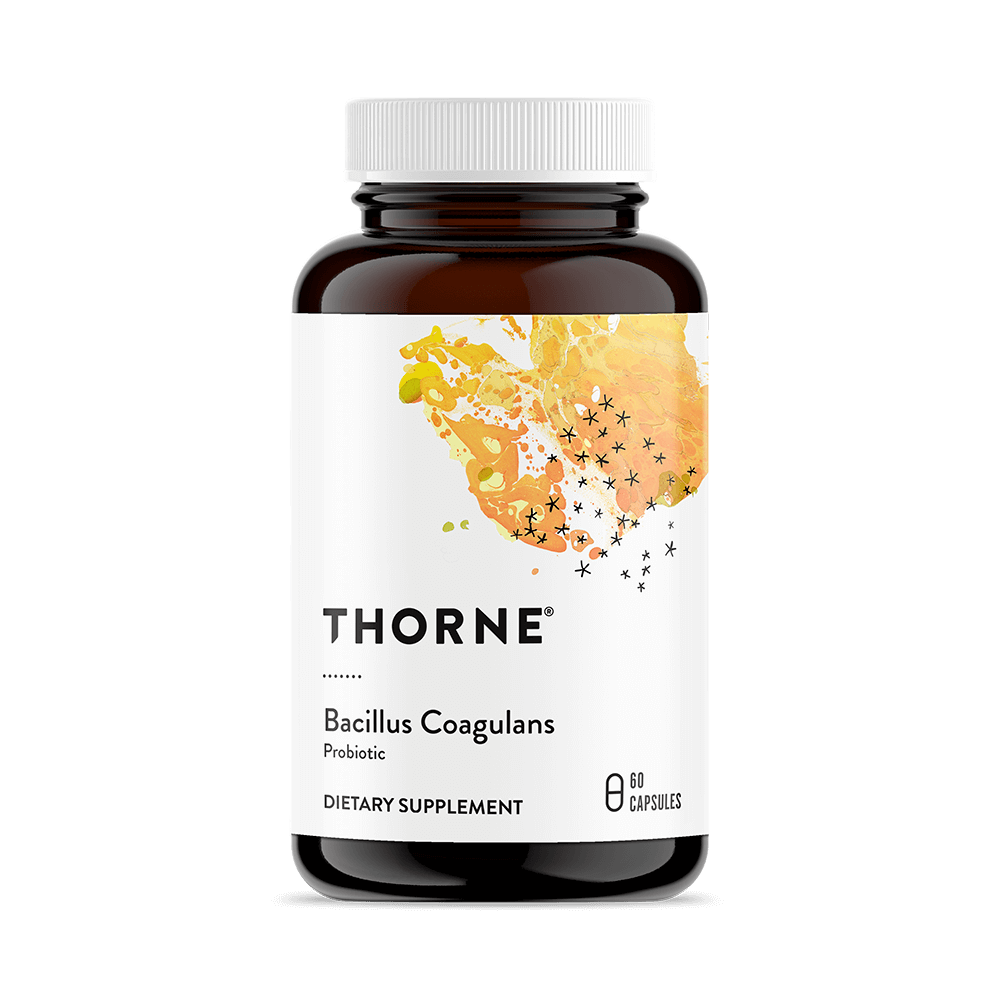
Limit these foods to improve your mental health
- Foods that cause a sugar spike for example, refined cereals, desserts, pastries, fruit juice, soda, etc. Instead of eating a sweet on its own, try pairing it with a protein, or having a small portion after a meal. This limits the blood sugar spike and eventual drop, which can lead to heightened anxiety and depression.
- Beverages with caffeine. Caffeine, for some, can heighten feelings of anxiety. If you feel like caffeine raises your heart rate or gives you a jittery feeling, you may want to cut back on coffee, energy drinks, and soda.
- Naked carbs. Wait, what? Yes, consuming carbs alone should be avoided. Eating things like chips, toast, or pretzels on their own can cause a response similar to sugar on its own. Instead, try “dressing up” that carb with protein, fat, and/or fiber. For example, pair pretzels with hummus or guacamole.
Meet with a Registered Dietitian
As you can see, food can truly be your medicine! If you are having a hard time putting it all together, meet with one of our nutrition professionals. We will help you find foods that can improve your mental health. Together, we can make a personalized plan so that you can live a happier, healthier life!
Disclosure:
Some of our pages contain affiliate links. Anderson’s Nutrition may receive a commission at no extra cost to you. We only promote products that we have used and verified, and recommend to our clients and friends. As an Amazon Associate, we earn from qualifying purchases. Anderson’s Nutrition is a participant in the Amazon Services LLC Associates Program, an affiliate advertising program designed to provide a means for sites to earn advertising fees by advertising and linking to Amazon.com.







